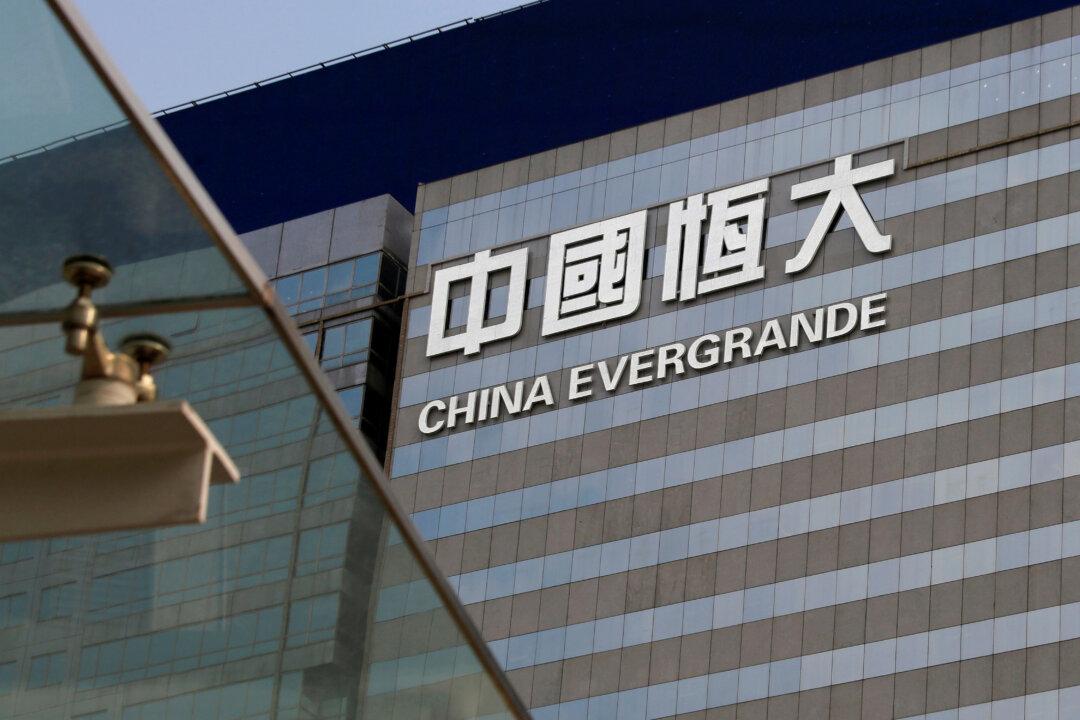HONG KONG—Highly leveraged property firm China Evergrande Group is in talks with financial institutions to raise about $1.5 billion this month by offering its Hong Kong office tower as collateral, two sources with direct knowledge of the matter said.
The fund-raising plan by China’s No.2 developer by sale underscores the pressure the developer is under, as China’s property sector slows and Beijing’s capital controls have restricted its ability to pay offshore debt, which stood at $16.4 billion as of the end of June.





